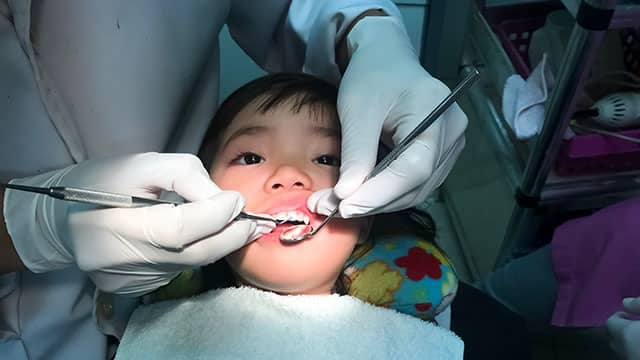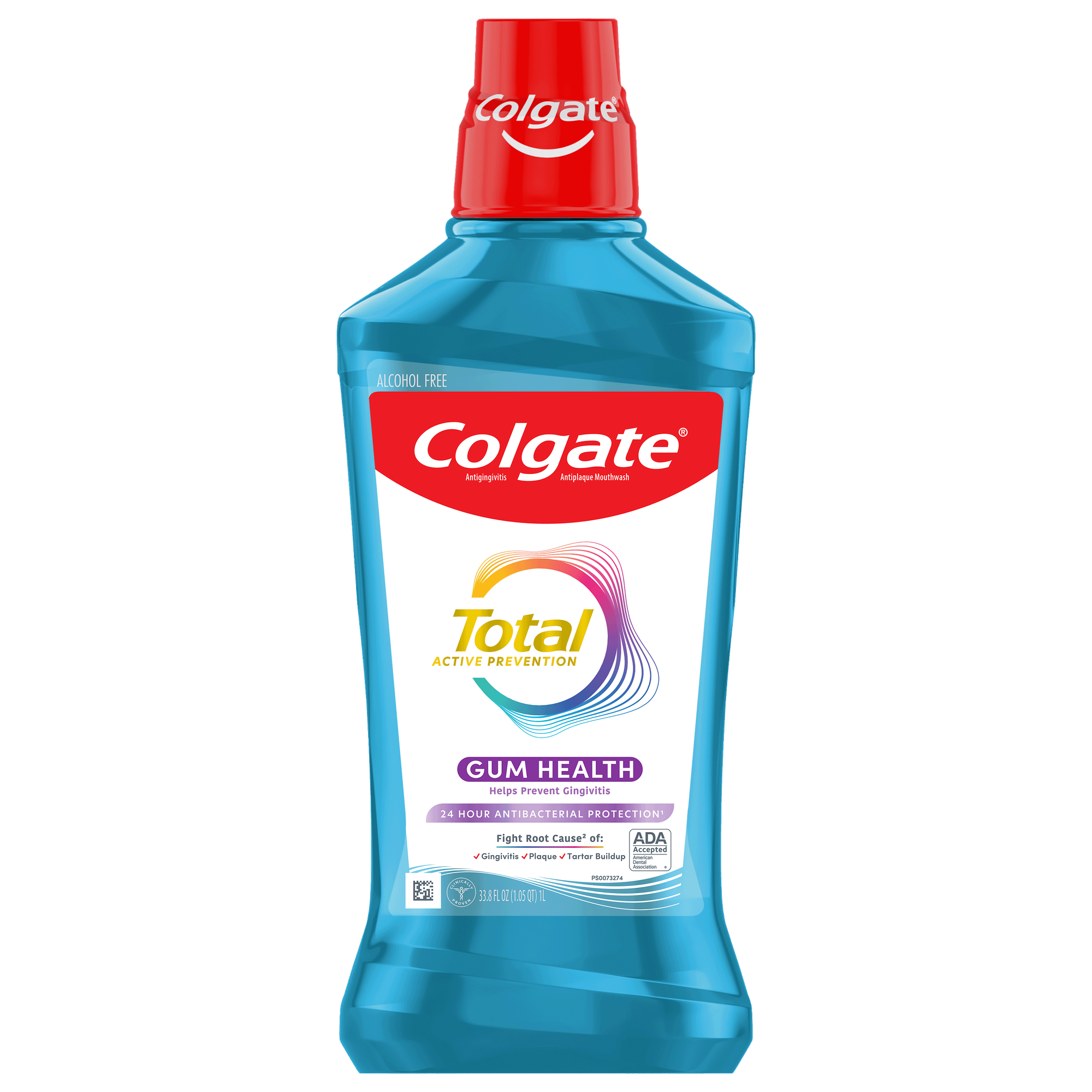Dipping Into the Facts
The Centers for Disease Control notes that about 3 percent of adults in the United States use smokeless tobacco, and after the lowest rate of use around the year 2000, its popularity has been trending upward. Men are more likely to chew or dip than women, and smokeless tobacco rates are higher in rural areas than in cities.
Contrary to popular belief, chewing or dipping is not a safe alternative to smoking. The National Institutes of Health reports that smokeless tobacco contains trace amounts of lead, arsenic and uranium. It also delivers a bigger nicotine buzz. Dipping two cans a week is the equivalent of smoking over three packs of cigarettes a day!
Smokeless Tobacco Abroad
Internationally, smokeless tobacco is available in many forms. The Chicago Tribune reports that 15 percent of adults in Sweden use a product called snus that mixes tobacco in a small bag similar to a teabag. While some see snus as a path to lower smoking rates, the product is banned in the rest of Europe.
In Southeast Asia, chewing tobacco is mixed with plants such as betel leaves and areca nuts. Longstanding tradition and a lack of federal regulation means that some countries such as India and Myanmar have staggeringly high rates of smokeless tobacco use (17.8 percent and 43.2 percent respectively, according to The Tobacco Atlas).
How Dip Enters the Body
Dip is usually placed in a wad between the teeth and inner wall of the cheek near the molars, or in between the lower front teeth and lower lip. Because of the many blood vessels and thin tissue in the mouth in these areas, the nicotine and toxins in dip are quickly absorbed through the oral mucosal tissue and into the bloodstream.
In the areas where the wad touches the oral tissues, changes in the texture and cell makeup of the tissue may happen. The surface of your cheeks or gums might become covered in hard, white patches called leukoplakia.
At this stage, most dentists will perform a biopsy of the area to rule out oral cancer and remove the lesion. They will also encourage you to quit chewing or smoking tobacco.
Cancer From Dip Statistics
Although it is difficult to separate the rate of oral cancer from dip from the rate of oral cancer from tobacco products in general, The Oral Cancer Foundation records that over 49,000 Americans are diagnosed with oral cancer every year. Every year the disease causes more than 9,750 deaths.
Globally, there are over 300,000 oral cancer diagnoses per year. The journal Translational Research in Oral Oncology notes that it is a leading cause of death in parts of Southeast Asia, which accounts for over half of the world's oral cancer cases. Scientists think that this prevalence is related to the region's high rates of chewing and dipping.
The good news is that oral cancer is highly treatable if your dentist diagnoses it right away. Regular oral cancer screenings are critical if you smoke, dip or chew tobacco.
Treatment
Treatment of oral cancer usually involves a combination of surgical removal of the affected area and a course of radiation or chemotherapy. Depending on what type of cancer is diagnosed and how successful the removal process is, chemotherapy may not be necessary. If you do need cancer treatment, talk to your dentist about the potential oral side effects of radiation, such as dry mouth.
There are many ways to prevent cancer from dip and other forms of tobacco, and your dentist and dental hygienist will be more than happy to help you on your path to quitting. With routine oral exams, you can spot oral lesions as early as possible for a positive prognosis.
This article is intended to promote understanding of and knowledge about general oral health topics. It is not intended to be a substitute for professional advice, diagnosis or treatment. Always seek the advice of your dentist or other qualified healthcare provider with any questions you may have regarding a medical condition or treatment.
ORAL HEALTH QUIZ
What's behind your smile?
Take our Oral Health assessment to get the most from your oral care routine
ORAL HEALTH QUIZ
What's behind your smile?
Take our Oral Health assessment to get the most from your oral care routine















